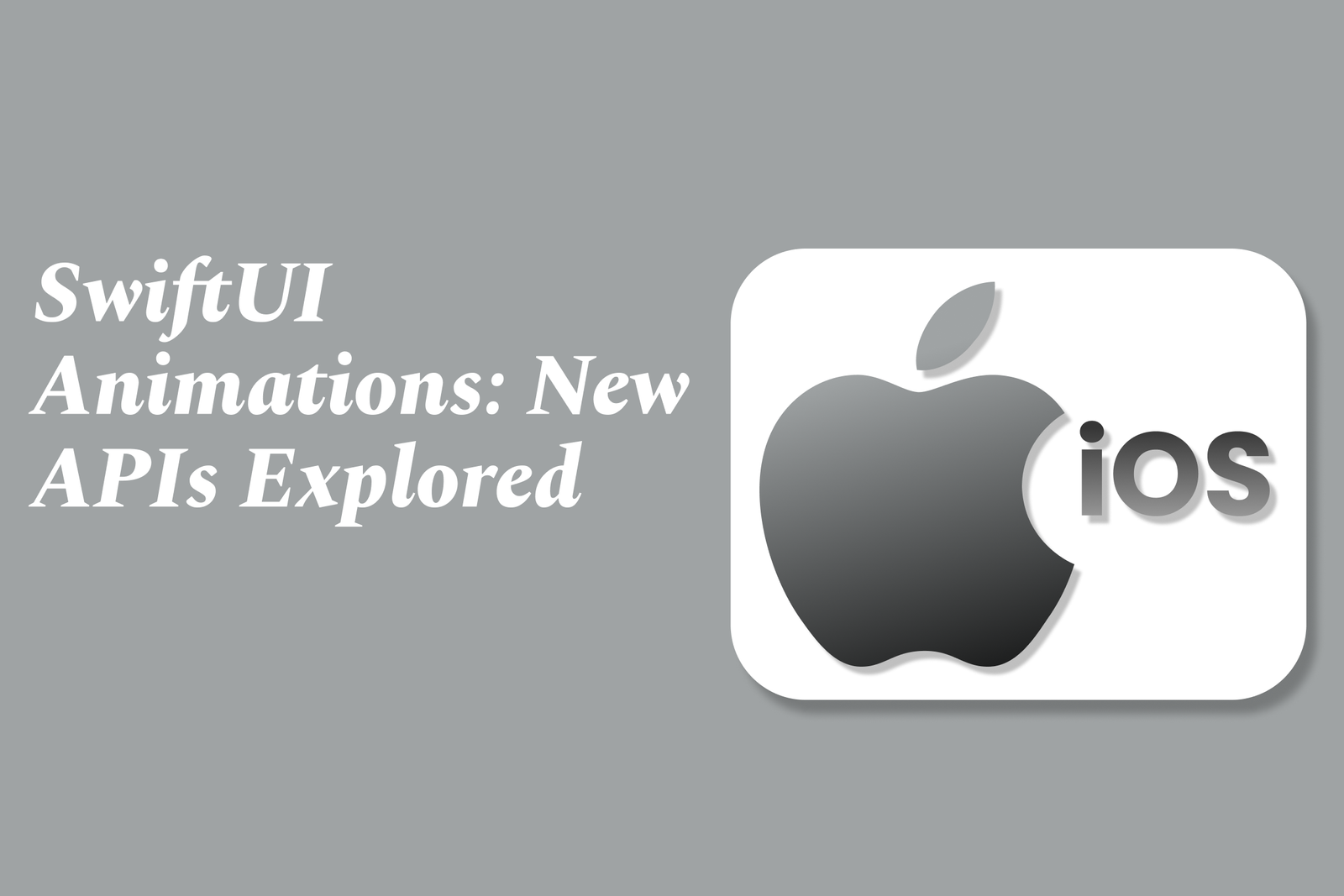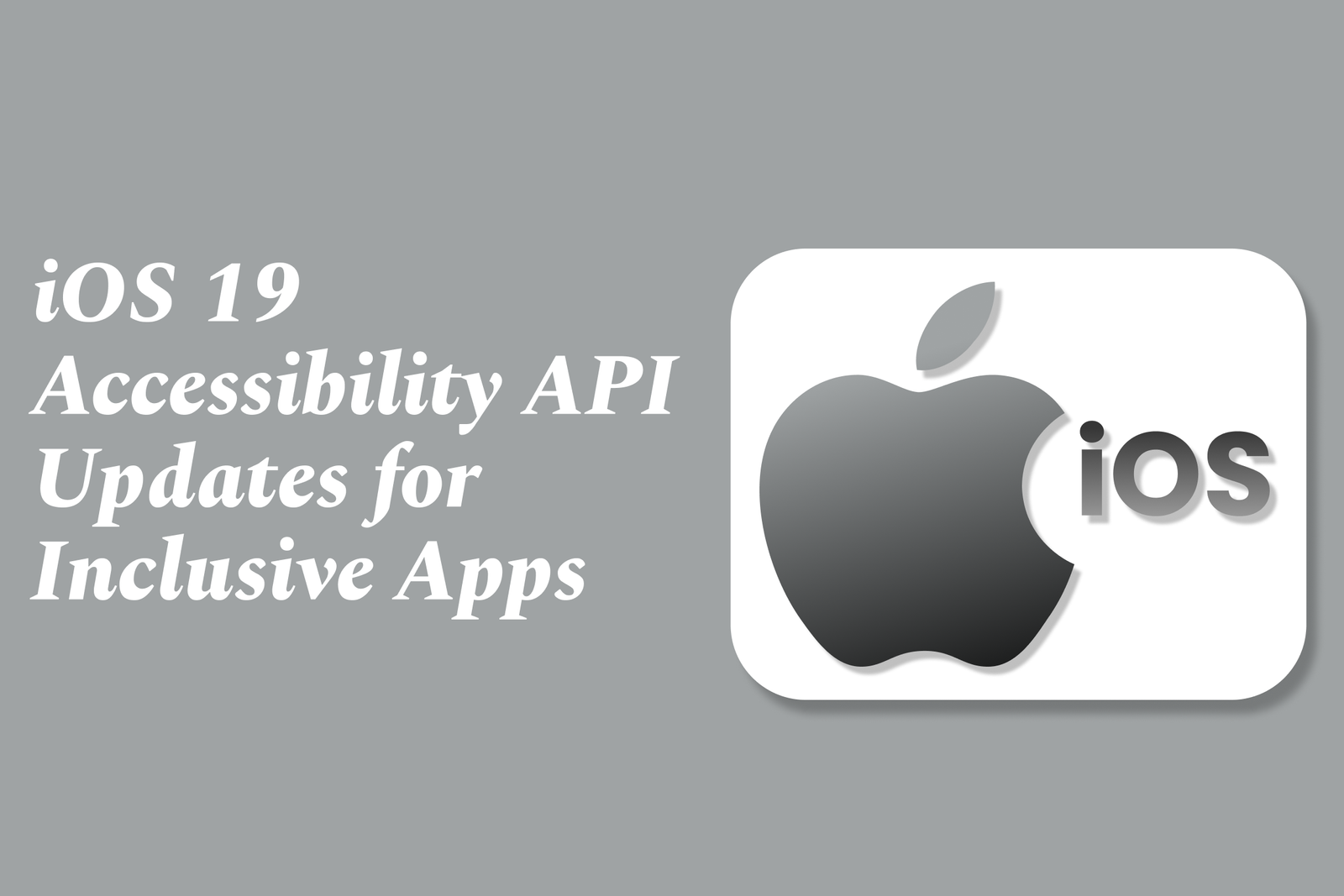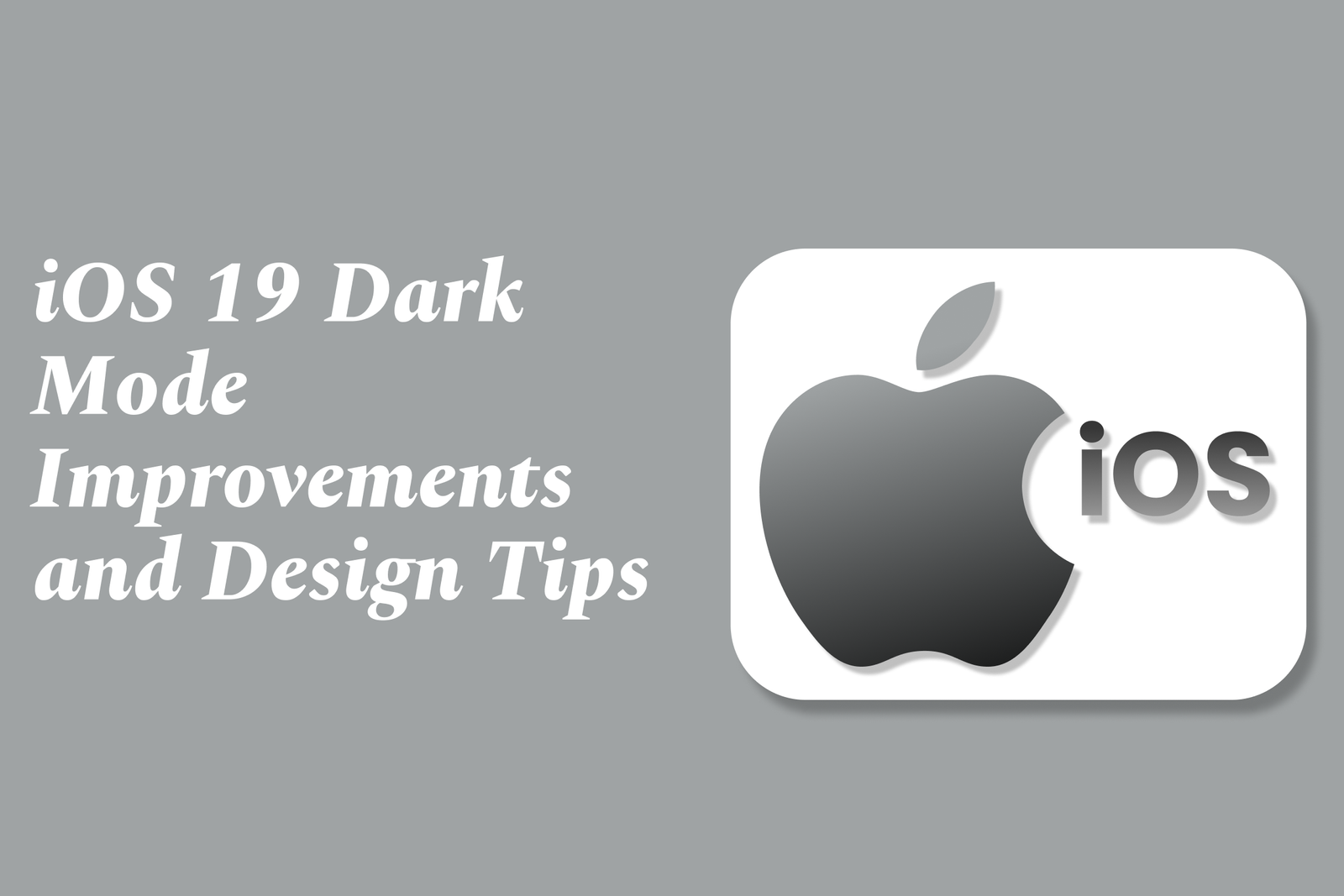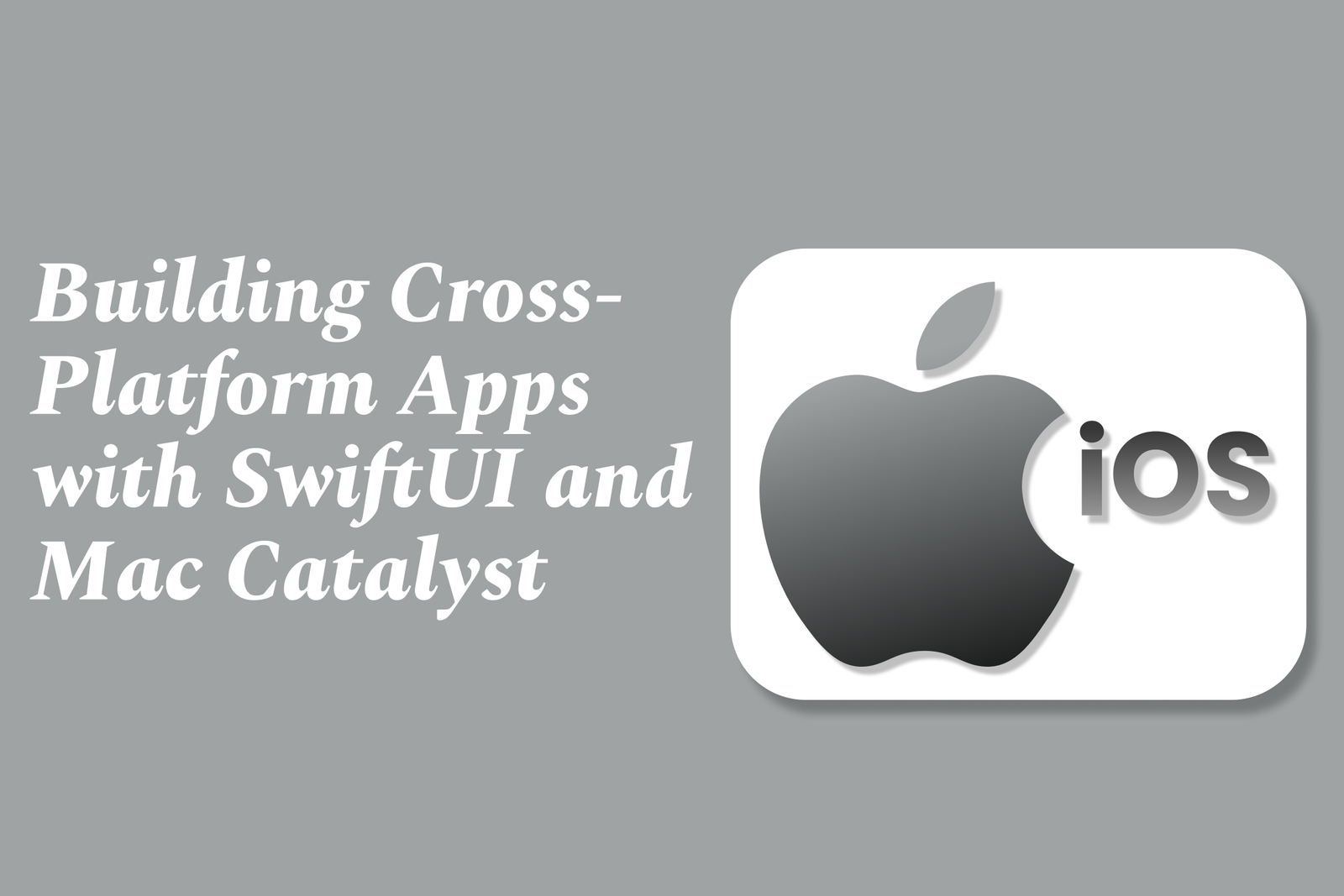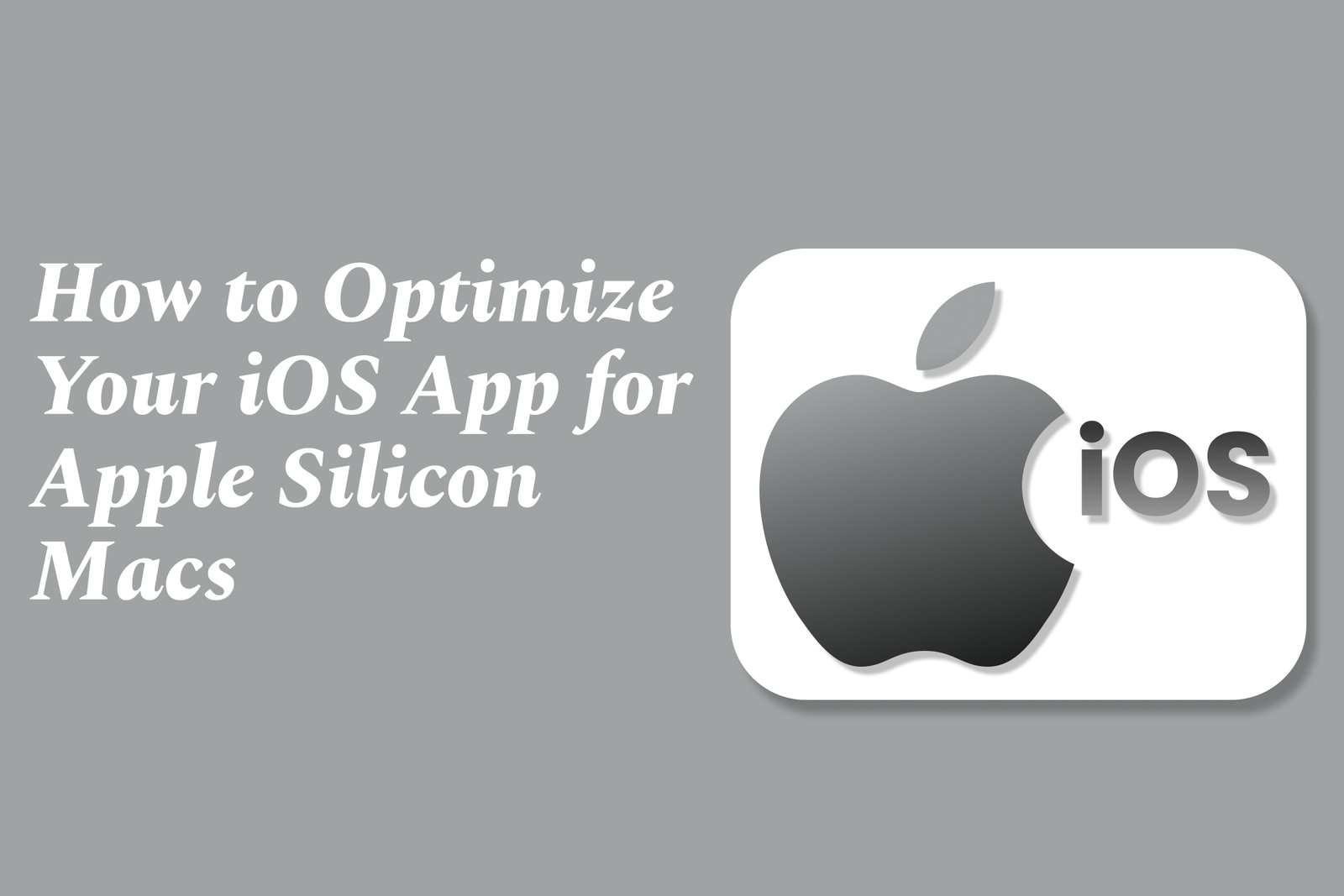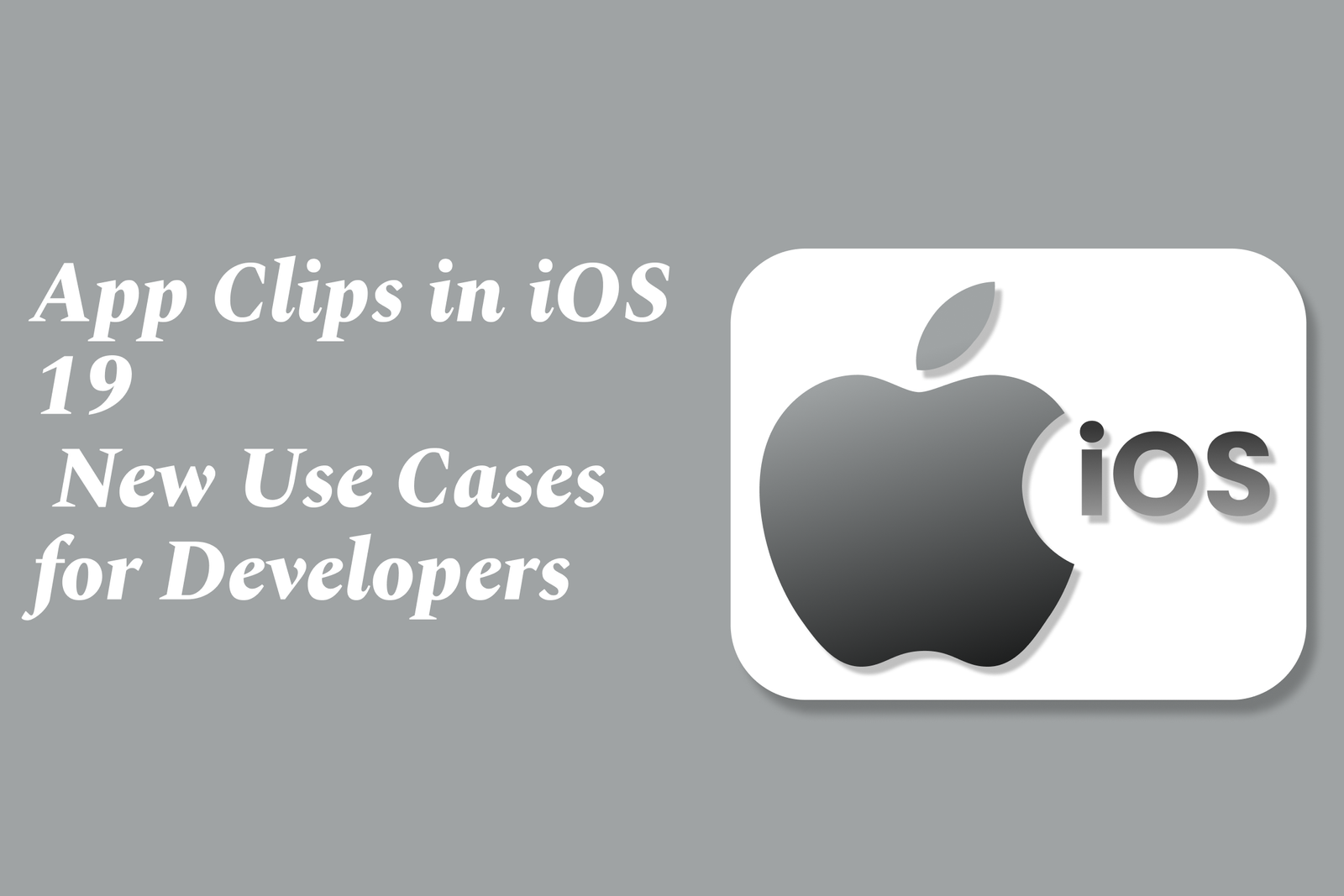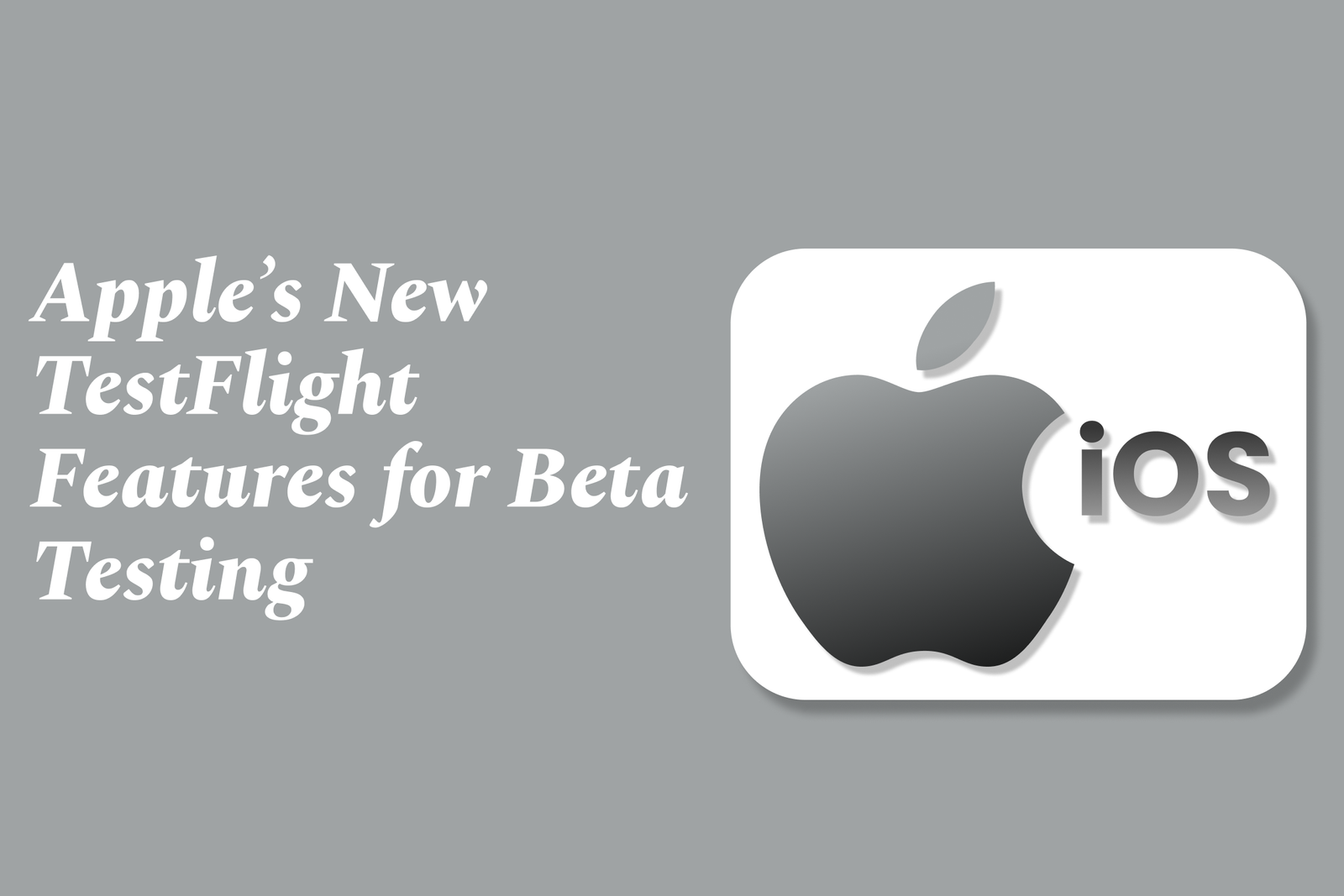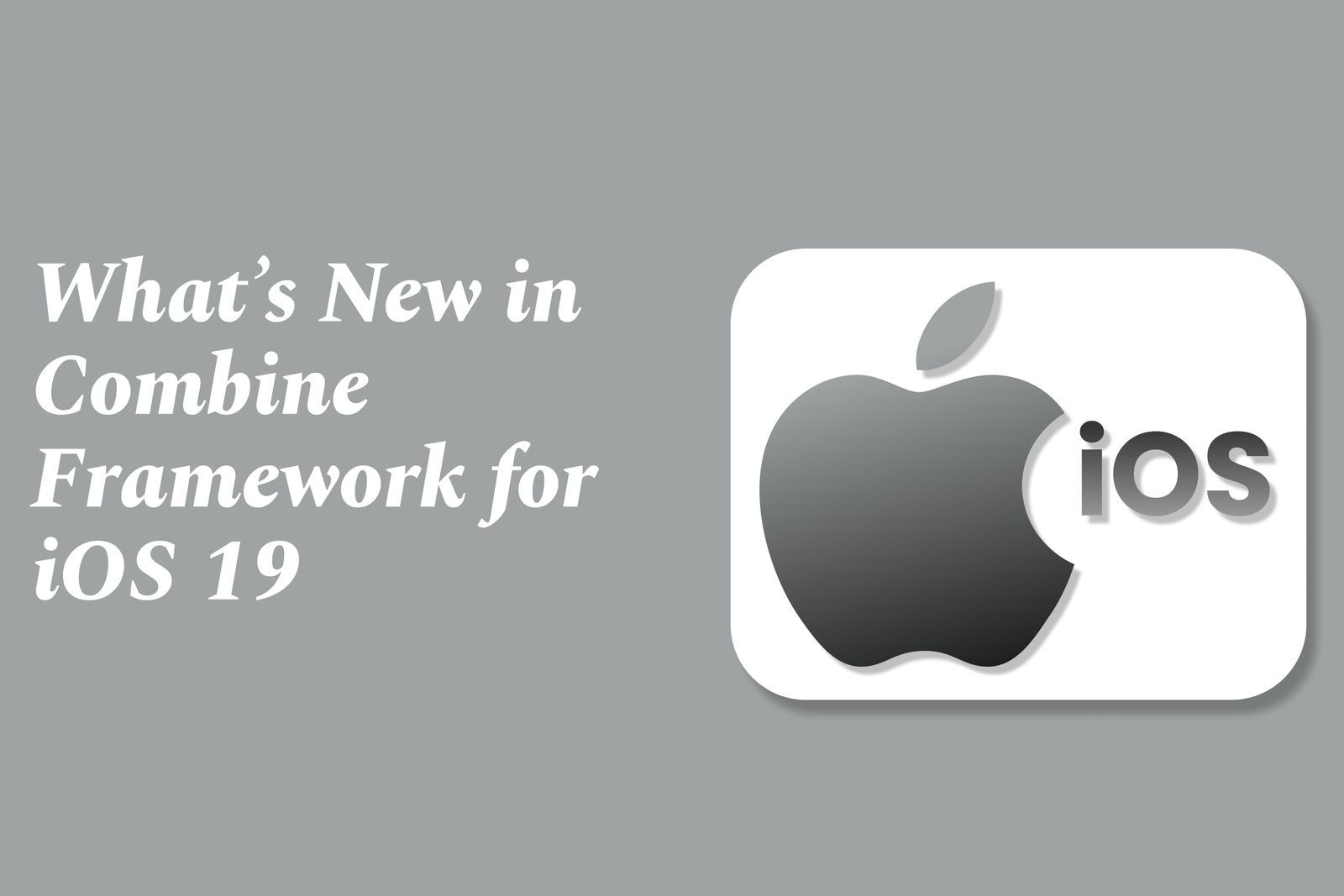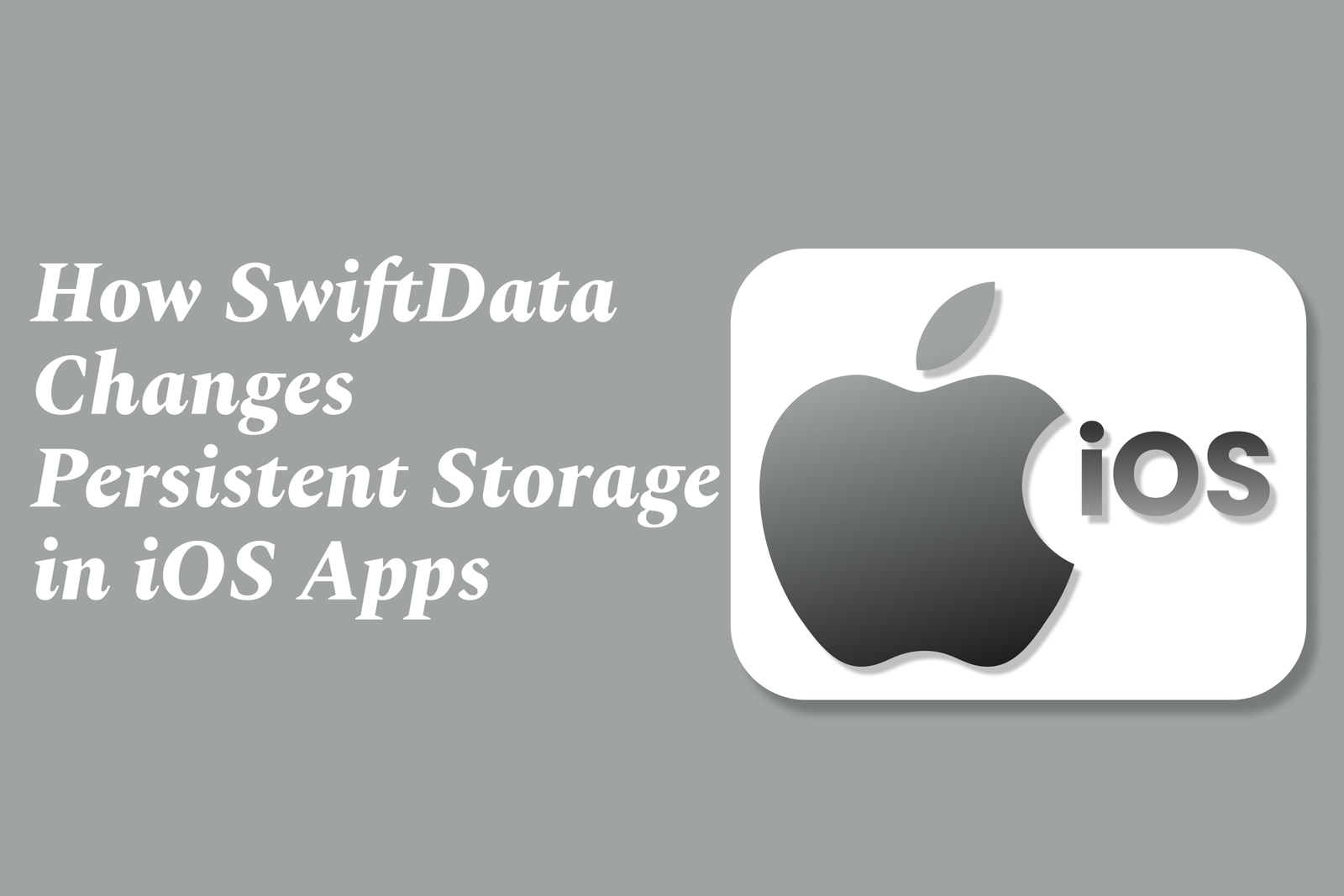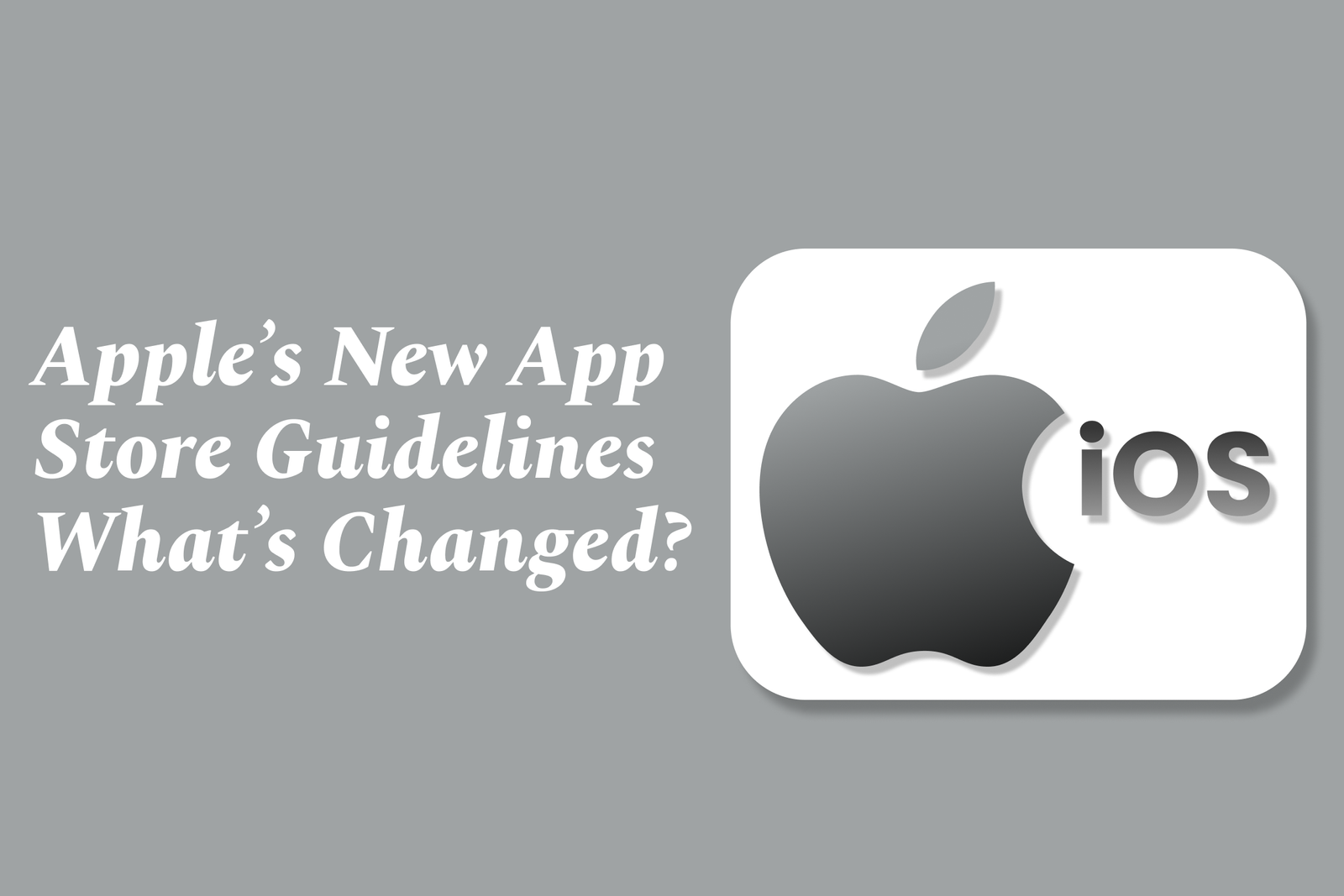Android Apps Leveraging Cloud Computing
Android apps leveraging cloud computing use remote servers to process data and store information, enhancing performance and scalability. This enables features like real-time updates, seamless storage, and advanced computing without relying solely on device hardware limitations.
Android apps leveraging cloud computing
1 ) Introduction to Cloud Computing in Mobile App Development
Cloud computing has become the foundational framework for modern mobile app development. It provides essential resources such as servers, storage, databases, and software accessible over the internet. This infrastructure enables developers to innovate and create advanced applications with benefits including scalability, cost reduction, and improved collaboration. Businesses leveraging cloud powered mobile apps maintain competitiveness in a digital first environment.
2 ) Evolution and Impact of Cloud Computing on Mobile Apps
Mobile app development has evolved from isolated local environments to global cloud based ecosystems. Cloud computing has revolutionized app building, deployment, and management by offloading processing and storage from mobile devices to remote cloud servers. This shift enables applications with enhanced functionality that would be otherwise limited by mobile hardware constraints.
3 ) Understanding Mobile Cloud Computing (MCC) and Mobile Cloud Apps
Mobile cloud computing (MCC) combines cloud resources with mobile device accessibility, allowing apps to delegate heavy computational tasks and data storage to the cloud.
Mobile cloud apps rely on cloud infrastructure for core functions, resulting in lightweight apps on devices but rich experiences enabled by powerful remote services.
Typical use cases include social media (seamless photo/video sharing), entertainment (real time content streaming), e commerce (secure payment processing and data storage), and healthcare (instant access to patient data on the go).
4 ) Key Benefits of Cloud Powered Mobile Applications
Enhanced Performance: Offloading processing to the cloud improves response times and handles data intensive operations efficiently.
Expanded Storage: Users benefit from virtually limitless cloud storage, freeing device memory and enabling handling of large files.
Flexibility and Scalability: Cloud apps dynamically adjust resources based on demand, enabling scalable solutions without physical device limitations.
Cost Efficiency: Cloud services reduce the need for expensive hardware upgrades and simplify app maintenance.
Improved Collaboration and Updates: Developers can push updates and manage apps more effectively using cloud platforms.
5 ) Leading Cloud Platforms Supporting Android App Development
Major cloud providers like Google Cloud, AWS, and Microsoft Azure offer a broad array of tailored services for mobile app development. Notably, Google Cloud offers extensive AI/ML tools and Firebase Studio to build intelligent Android apps, while AWS provides customizable cloud instances and AI agents. These platforms ensure secure, reliable, and scalable environments to meet diverse development needs.
6 ) Practical Applications and Future Outlook
Cloud computing continues to unlock new possibilities for Android apps, enabling integration with AI technologies, real time analytics, and seamless multi device experiences. Partnerships like Ford and Google’s pact to integrate Google Cloud and Android in vehicles exemplify cloud computing’s expansive role. Moving forward, the cloud will remain integral for delivering innovative, personalized, and high performance mobile applications.
https://justacademy.in/news-detail/flutter-now-supports-desktop-and-embedded-devices
https://justacademy.in/news-detail/building-ai-first-apps-with-flutter
https://justacademy.in/news-detail/top-animation-packages-for-flutter
https://justacademy.in/news-detail/best-ci/cd-tools-for-flutter-projects
https://justacademy.in/news-detail/devtools-updates-flutter-devs-should-know
Related Posts
SwiftUI’s new animation APIs enhance flexibility and control, enabling developers to create smoother, more complex animations with improved timing, transitions, and cross-platform support. These updates simplify building dynamic, engaging UIs across Apple’s ecosystem.
iOS 19 Accessibility API updates enhance app inclusivity by offering improved VoiceOver support, advanced gesture recognition, adaptive UI elements, and better integration with assistive devices, enabling developers to create more accessible, user-friendly experiences for everyone.
iOS 19 enhances Dark Mode with deeper blacks, smoother visuals, and improved system consistency. Designers should focus on balanced contrast, readable typography, subtle colors, and seamless Light/Dark transitions to create comfortable, accessible, and visually appealing dark-themed interfaces.
Building cross-platform apps with SwiftUI and Mac Catalyst lets developers create a single codebase that runs seamlessly on iOS, iPadOS, and macOS, combining SwiftUI’s unified UI framework with Mac Catalyst’s ability to bring iPad apps to the Mac efficiently.
Optimizing your iOS app for Apple Silicon Macs involves ensuring native compatibility, adapting the UI for larger screens and input methods, enhancing performance using ARM architecture, leveraging macOS-specific features, and thorough testing to deliver a seamless app experience on Apple’s desktop hardware.
App Clips in iOS 19 are lightweight app modules that launch instantly without full installation, enabling developers to offer quick, context-driven experiences like seamless ordering, payments, and check-ins, enhancing user engagement and boosting app discovery in new real-world scenarios.
Apple’s new TestFlight features simplify beta testing across all Apple devices, enabling developers to easily distribute apps, games, and App Clips to testers without complex setup, supporting automatic updates, device requirements, and broad language options for seamless testing.
iOS 19’s Combine framework update introduces enhanced async handling, improved publisher types, and better integration with SwiftUI, streamlining reactive programming for smoother, more efficient event-driven app development and simplifying asynchronous data flow management.
SwiftData modernizes persistent storage in iOS apps by offering a simpler, Swift-native framework that integrates seamlessly with SwiftUI, reducing boilerplate code and improving data management with declarative syntax, streamlined relationships, and built-in support for cloud syncing.
Apple’s updated App Store Guidelines introduce more detailed age ratings, support alternative app distribution in the EU, and enhance TestFlight beta testing with broader device support and extended testing periods—strengthening app safety, compliance, and developer flexibility.

